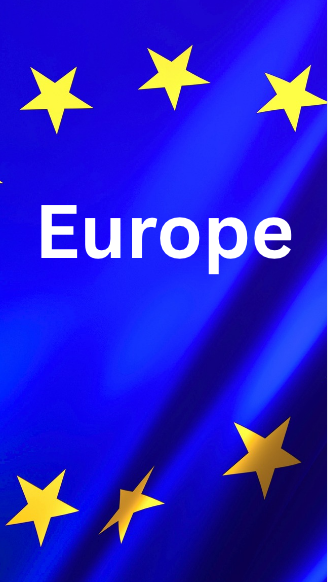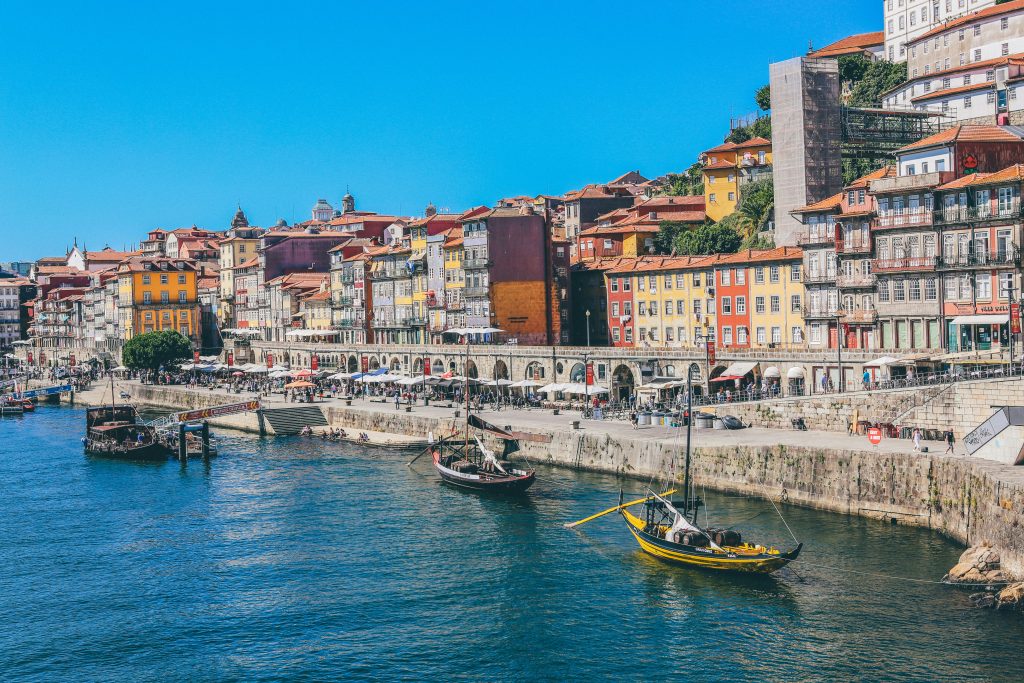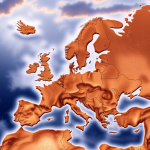Lately, Portugal has seen small but vocal protests calling for an EU exit. These “Portu-exit” movements may feel like déjà vu for anyone who remembers Brexit—and naturally, expats are wondering what this could mean for their future in Portugal.
Let’s break down what’s happening, how serious it is, and what expats should realistically expect if the idea of leaving the EU gains traction.
What’s Going On in Portugal?
While Portugal has long been seen as one of the EU’s most pro-European countries, recent protests—fueled by economic dissatisfaction, housing pressure, and political frustration—have introduced a new tone. A small but growing segment of the population is now questioning whether Portugal benefits from being part of the European Union.
So far, this movement is limited in scope. There’s no official plan for a referendum, and the current government remains pro-EU. But political winds can shift, and for expats, it’s worth understanding how an EU departure could change the landscape.
If You’re an EU Citizen in Portugal
If you’re an EU citizen living in Portugal, you currently enjoy:

- Freedom of movement
- The right to live and work without a visa
- Easier access to healthcare and local services
But if Portugal were to leave the EU, these rights could vanish. Just like EU citizens in the UK post-Brexit, you might need to apply for a visa or residence permit to stay long-term. It’s also possible that transition agreements would protect existing residents, but there’s no guarantee.
What you can do now:
- Make sure your residency status is legally documented.
- Consider applying for long-term residency or citizenship if eligible.
- Follow news from trusted Portuguese and EU sources—not just headlines.
If You’re a Non-EU Citizen (U.S., Canada, etc.)
For non-EU expats, an EU exit might have less immediate impact—since you’re already going through visa channels like:
- The D7 passive income visa
- Portugal’s digital nomad visa
- The Golden Visa (currently being reformed)
In fact, there’s a chance that Portugal, post-EU, could have more flexibility in shaping its own immigration policies. Some believe the government might become even more welcoming to non-EU residents, investors, and retirees to fill economic gaps.
However, there’s also a risk of tighter controls if public pressure mounts over housing or job competition.
Economic & Lifestyle Concerns
Even more than legal residency, expats may feel the ripple effects in daily life:
- Currency & Banking: A departure from the euro could cause financial instability or shift to a new national currency.
- Cost of Living: Economic uncertainty might lead to inflation, supply chain issues, or changes in public services.
- Property Market: A Portu-exit could affect home prices—potentially slowing foreign investment or reshaping taxes on overseas buyers.
Portugal’s appeal—mild climate, coastal towns, and low-key lifestyle—won’t disappear, but the path to living there could become more complex.
Should Expats Be Worried?
For now, no. There is no official move toward leaving the EU. The protests are worth watching, but they don’t yet represent mainstream policy.
But if you’re thinking long-term—especially buying property or retiring in Portugal—it’s wise to:
- Monitor developments from official sources (not just social media).
- Stay flexible and well-documented in your immigration status.
- Be aware that rules for EU citizens could shift dramatically if Portugal ever leaves the bloc.
SettleAway’s Take
SettleAway believes in helping you make informed, confident decisions about moving abroad. We’ll continue tracking political shifts that could affect expats—not just in Portugal, but across Europe.
And as always, the key isn’t panic. It’s preparation.
Download our Portugal Expansion Pack for up-to-date visa info, real estate tips, and residency tools: HERE






